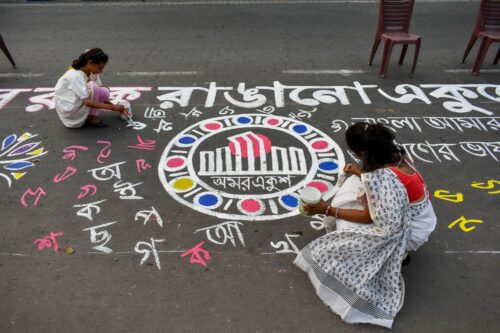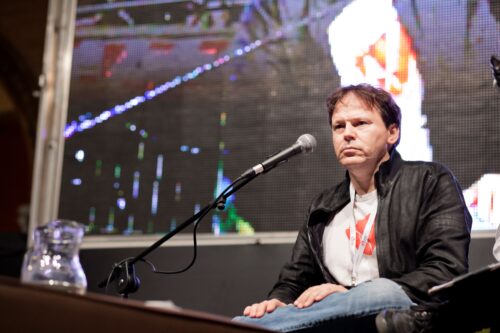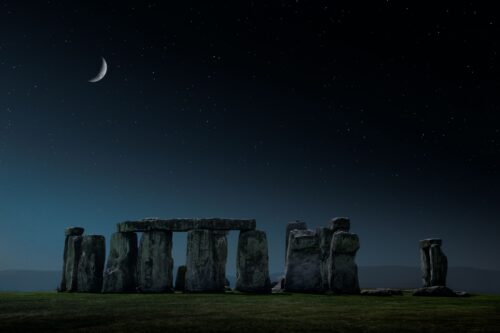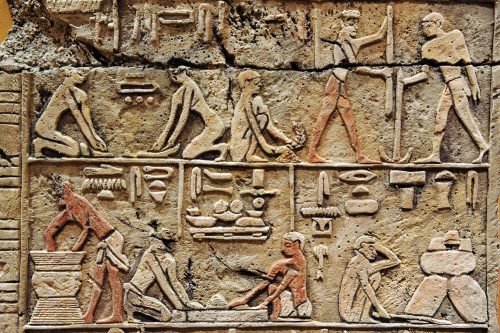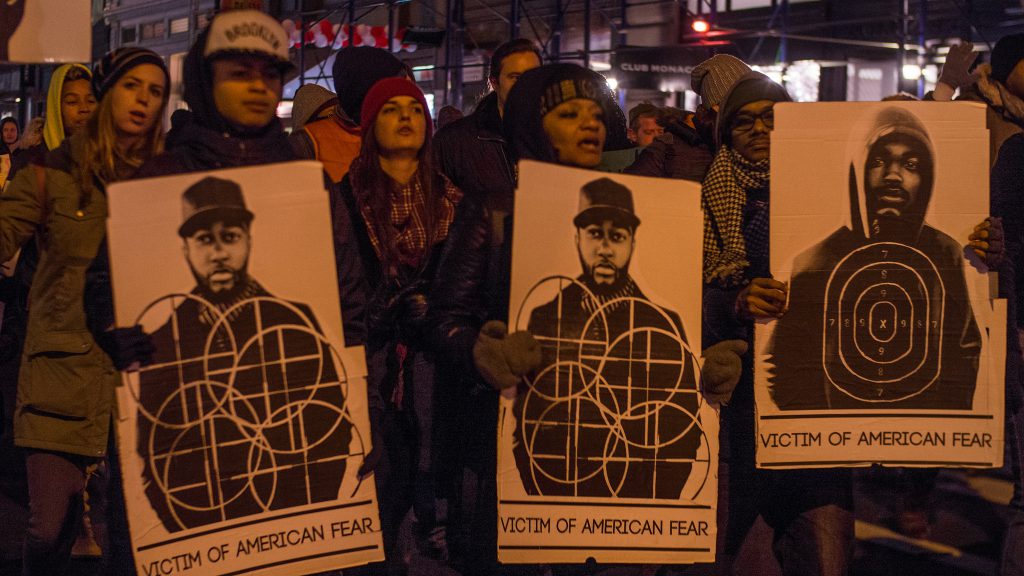The Shameful Persistence of White Supremacy in the United States
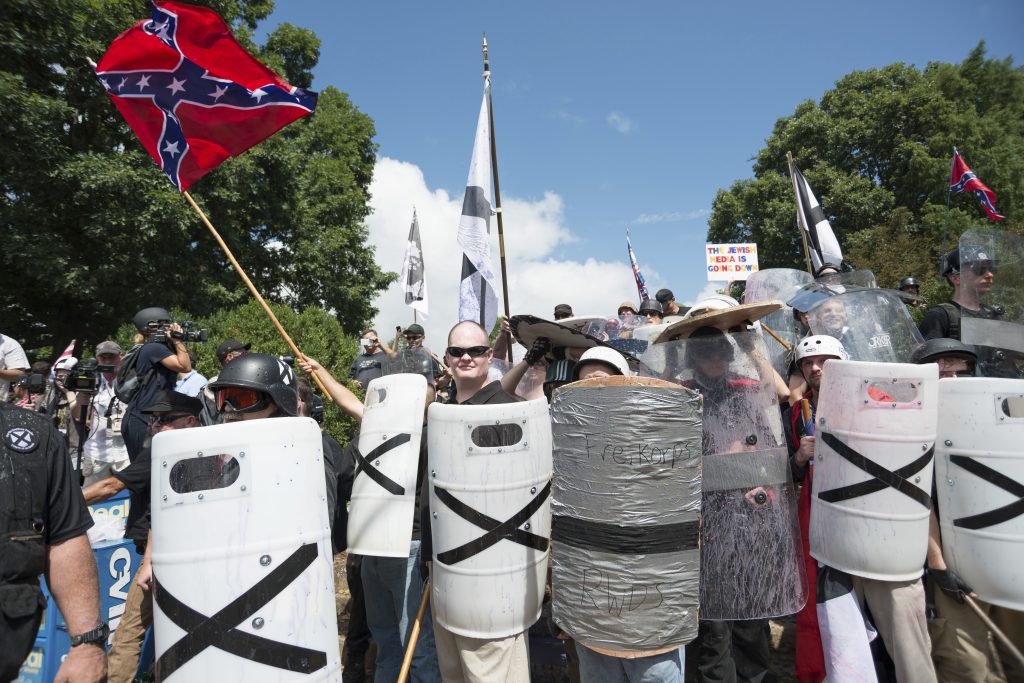
This article was originally published at The Conversation and has been republished under Creative Commons.
It is a time of strife, turmoil, and vitriol toward the Black Lives Matter movement.
The movement began in peaceful protest against the killing of Michael Brown in Baltimore. Yet a host of organizations and publics, including some police organizations, continue to censure the movement because its members have dared to suggest, in the face of the persistent state-sanctioned killings of unarmed black men, that America should not forget that black lives matter too.
Some police departments have taken heed. They are now trying to figure out how they, as police officers, can have a better relationship with African-American communities and all the communities of color they serve.
But the denial about the scope and the breadth of racist and white nationalist ideas, beliefs, and practices in the U.S. runs deep. The reaction of many police officers and their supporters has been to insist instead that “Blue Lives Matter.” And nativists are quick to retort that “All Lives Matter.”
That was the point, and the origin, of “Black Lives Matter.” But the narrative that the U.S. is a pluralistic democracy that welcomes immigrants and values diversity and excellence is floundering.
Globally, people were flummoxed by the intensity of the hatred they saw on the faces of the young white men who marched in the streets of Charlottesville only four months ago.
Why would a country that prides itself on its migrant history light up torches of intolerance and—with pride and entitlement—bare the dirty underbelly of its racist institutions and political and social processes to the world?
Charlottesville was and shall remain a chilling reminder of the entrenched racism against black people and other marginalized groups in the U.S.
Rather than embracing diversity and inclusion, the people who marched focused their anger on the apparent need to take back their country and “make it great again.” This means taking the country back for white people who want to make it theirs and only theirs “again.” It is not an inclusive or socially just sentiment.
A history rooted in White supremacy
Until recently, white Americans have been in denial about the fact that the police intentionally go after black men and other men of color. But the research and statistics kept by state and federal agencies show this happens.
Last year, police killed 266 black people at a rate of 6.66 kills per million people. That makes a black person more than twice as likely to be killed by police as a white or Hispanic/Latino person.
Black people are also regularly left to die—even after police officers disarm the wounded citizen (or discover they had no weapon at all).
High-profile police killings ended the lives of Terence Crutcher, 40, Keith Scott, 43, and Tyre King, 13, among more than a dozen others in 2016. Scott’s killing led to massive protests in Charlotte, North Carolina. These were led by residents fed up with law enforcement’s lack of accountability and racist policing practices.
Black Lives Matter is committed to shining a spotlight on the arbitrary criminalization of black people in the U.S. In The New Jim Crow, Michelle Alexander exposes the intentional structuring of the U.S. penal justice system based on the belief that African-Americans (especially men) are dangerous and suspicious, thus necessitating constant surveillance and containment.
The enduring belief in African-American male criminality is symptomatic of the lingering race-science legacy in the history of American anthropology and eugenics. These beliefs are deeply held and go back to the time of slavery when masters were in constant fear of uprisings.
The profound fear of black criminality has, through law, social norms, and cultural practices of institutionalized racism, obtained a kind of normalcy within national narratives around blacks and crime in the U.S.
In 2016 the U.N.’s Working Group of Experts on People of African Descent described the recent police killings of black people in the U.S. as reminiscent of 19th- and 20th-century lynchings:
Contemporary killings by police and the trauma that they create are reminiscent of the past racial terror of lynching.
The U.N. working group said these problems were intrinsically linked to U.S. history. In particular, the legacies of colonialism, enslavement, racial terrorism, subordination, segregation, and inequality remain a serious challenge. To date there has been no real commitment to reparations and to truth and reconciliation for people of African descent.
A nation divided
Though the election and re-election of President Barack Obama in 2008 and 2012 momentarily hushed the extreme fringe groups of white nationalists, we now find ourselves facing the blatant denial of white Americans in power once again.
Racist statements by President Donald Trump have emboldened and encouraged other white supremacists and Nazis to come out into the open and forcefully demand, among other things, to make America white again.
The truth is that we still live in communities separated by race and class, urban and rural, as well as political divides. But Black Lives Matter is an organization that provides a platform for progressive people of all backgrounds to work together.
The movement joins a long tradition of black activism that includes Martin Luther King’s protest marches and Marcus Garvey’s black nationalists, who were labelled everything from “cop haters” to “terrorists.”
No doubt the current generation of black activists, along with their supporters and allies, have reason to be wary. The police and FBI have the ability to put them under surveillance, to obtain their phone records en masse, to access their emails, and to detain them indefinitely.
Black Lives Matter is protesting against the country’s treatment of black people now because white supremacy is still present in the American population. Impunity for state violence has resulted in the current human rights crisis and must be addressed as a matter of urgency.
But with a history so steeped in racial violence, it will take much more than recognizing the effect of prejudiced police brutality.
Despite substantial changes since the end of the enforcement of Jim Crow and the fight for civil rights, racist ideology that ensures the domination of one group over another continues to suffocate the civil, political, economic, social, and cultural rights of African-Americans today.
![]()















